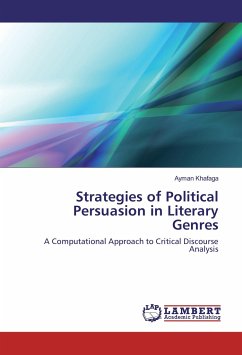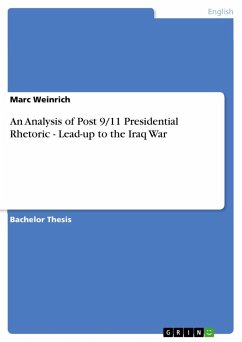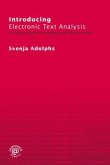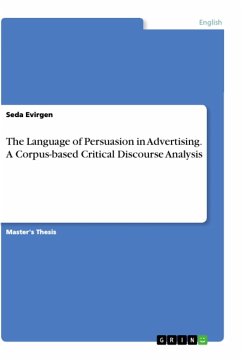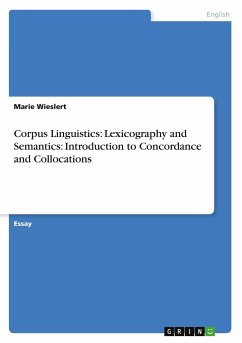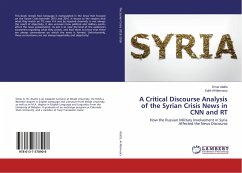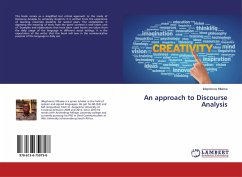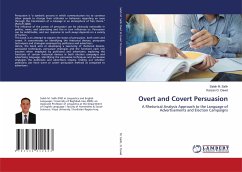Today's world is characterized and dominated by manipulative politics and rhetorical power that impose a specific type of persuasive language which serves to shape our responses and change our attitudes. Within such an atmosphere language appears to be a crucial element in determining the way we think and the manner we behave. This book presents a computationally-based critical discourse analysis of political persuasion in two sites of power conflict represented in two different literary genres: the conversational and the narrative. The book clarifies the extent to which rhetorical dimension of power is more representative in the production of political persuasion than the physical one. This indicates that, within the context of politics, the power of words is more effective than the power of weapons. This book demonstrates that the exercise of power is more representative in persuasive discourse than in coercive one. The book, therefore, addresses not only a culture-specific theme of persuasion but also its universal perspective since it is difficult to find a country without politics, and it is more difficult to find any political system without a mechanism of persuasion.
Bitte wählen Sie Ihr Anliegen aus.
Rechnungen
Retourenschein anfordern
Bestellstatus
Storno

